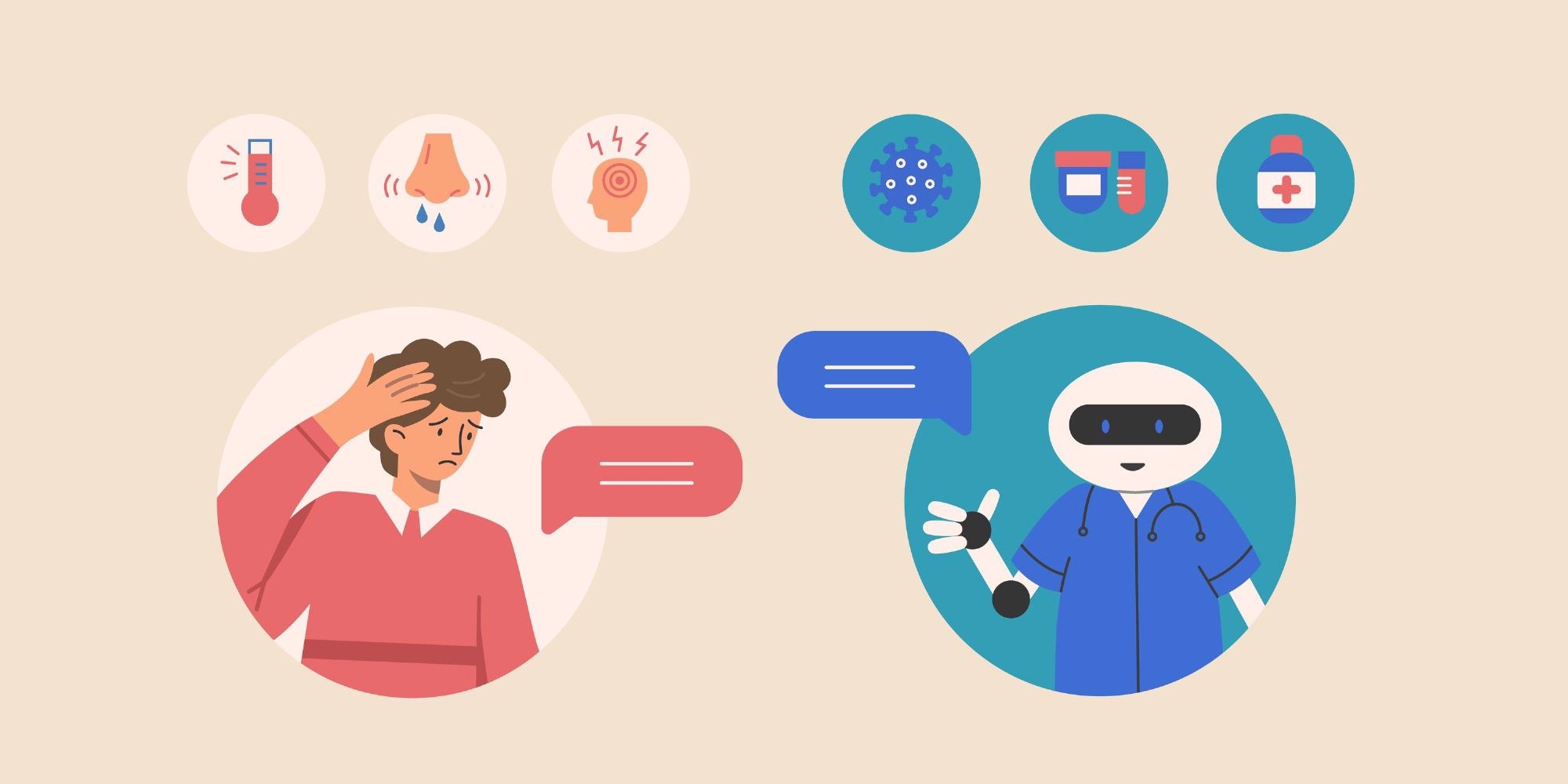In recent years, AI therapy chatbots have emerged as a promising tool for mental health support. These digital companions offer convenience and accessibility, making it easier for individuals to seek help. The question here is: Can AI chatbots truly replace the therapeutic relationship with a human therapist?

The Human Touch
One of the most significant advantages of human therapy is the ability to form a strong therapeutic alliance. This connection, built on trust, empathy, and understanding, is crucial for effective treatment. AI chatbots can provide information and support, they often struggle to replicate the depth of human connection and emotional understanding.
Personalization and Adaptability
Human therapists can tailor their approach to the individual needs and circumstances of each client. This flexibility allows for a highly personalized and effective treatment plan. While AI chatbots are improving, they still have some limitations in dynamically adapting their responses and interventions based on the unique characteristics of each user.
Crisis Management
They equip human therapists with the assess and respond well to crisis situations or signs of serious mental health issues. They can provide immediate intervention and guidance when needed. AI chatbots may struggle to detect and appropriately handle high-risk situations.
Therapeutic Expertise
Human therapists possess extensive training, clinical experience, and professional expertise that allows them to provide nuanced and clinically sound guidance. AI chatbots rely on their programming and database of information, which may not capture the full complexity of mental health challenges.
Ethical Considerations
Human therapists are bound by strict ethical codes and standards of practice, ensuring client confidentiality, informed consent, and appropriate boundaries. The ethical implications of AI-powered therapy are still being explored, and additional safeguards may be needed.
Conclusion
AI therapy chatbots can be a valuable supplement or initial point of contact for mental health support. They currently lack the depth of human connection, clinical expertise, and adaptability that are essential for effective long-term therapy. Human therapists remain the gold standard for comprehensive, personalized, and ethically sound mental health treatment.














